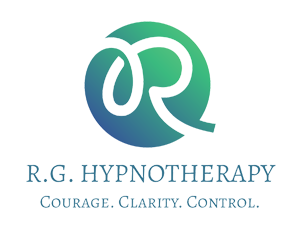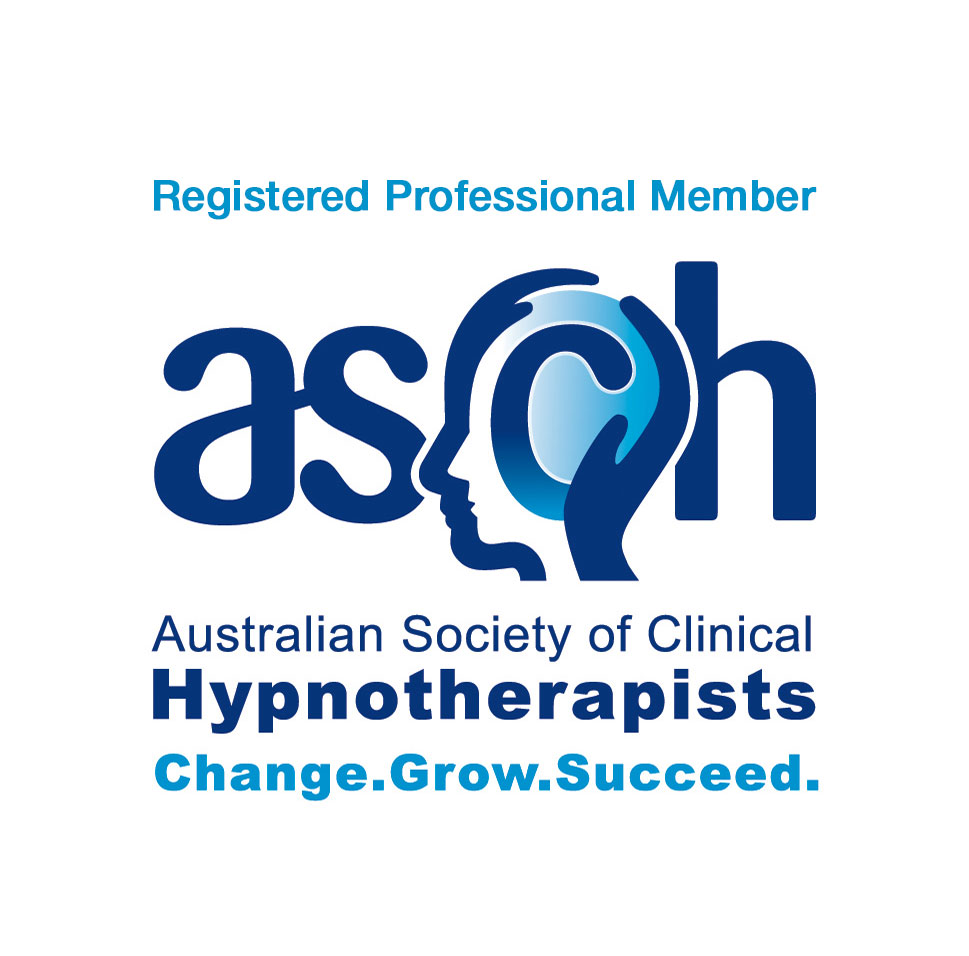Exams are a ubiquitous part of academic life, serving as milestones of knowledge acquisition and assessment of academic proficiency. However, for many students, the pressure to perform well on exams can be overwhelming, leading to heightened levels of stress, anxiety, and apprehension. Exam stress not only impacts students’ mental well-being but also impairs their ability to study effectively and perform to the best of their abilities.
In recent years, hypnotherapy has emerged as a promising approach to address the challenges of exam stress and promote academic success. By tapping into the power of the subconscious mind, hypnotherapy offers students practical tools to manage stress, boost confidence, and enhance concentration—key ingredients for exam preparation and performance. In this blog post, we explore the intricacies of exam stress, its impact on students, and the transformative potential of hypnotherapy in alleviating exam-related anxieties.
Understanding Exam Stress: Causes and Consequences
Exam stress, also known as test anxiety, is a common phenomenon experienced by students across all levels of education—from primary school to university. It manifests as a combination of physiological, cognitive, and emotional reactions triggered by the anticipation of exams or test-related activities. Some common symptoms of exam stress include:
- Physical Symptoms: Headaches, nausea, fatigue, muscle tension, and rapid heartbeat are among the physical manifestations of exam stress. These symptoms can impair students’ ability to concentrate, sleep, and maintain overall well-being.
- Cognitive Symptoms: Exam stress can lead to cognitive impairments such as difficulty concentrating, memory lapses, racing thoughts, and negative self-talk. These cognitive symptoms can interfere with students’ ability to recall information, process complex concepts, and perform effectively during exams.
- Emotional Symptoms: Feelings of fear, apprehension, irritability, and self-doubt are prevalent emotional responses to exam stress. These emotions can undermine students’ confidence, motivation, and sense of self-efficacy, further exacerbating their anxiety levels.
- Behavioral Symptoms: Procrastination, avoidance behaviors, perfectionism, and social withdrawal are common behavioral responses to exam stress. These behaviors may serve as coping mechanisms in the short term but can ultimately impede students’ academic progress and success.
The consequences of unchecked exam stress can be far-reaching, impacting students’ academic performance, mental health, and overall quality of life. Persistent exam stress can contribute to academic underachievement, burnout, depression, and even dropout rates among students. Therefore, it is crucial to address exam stress proactively and equip students with effective coping strategies to navigate the challenges of exam season.
The Role of Hypnotherapy in Managing Exam Stress
Hypnotherapy offers a holistic approach to managing exam stress by targeting the root causes of anxiety and promoting relaxation, confidence, and mental resilience. Unlike conventional stress management techniques that focus solely on conscious thought processes, hypnotherapy works at the subconscious level, where deeply ingrained beliefs and behavioral patterns reside. By accessing the subconscious mind through hypnosis, students can reprogram negative thought patterns, release tension, and cultivate a positive mindset conducive to academic success.
So, how can hypnotherapy help students manage exam stress and perform to the best of their abilities? Let’s explore some key ways in which hypnotherapy can be beneficial:
- Stress Reduction: Hypnotherapy induces a state of deep relaxation, allowing students to release physical and mental tension accumulated during periods of stress. Through guided relaxation techniques and soothing imagery, hypnotherapy promotes a sense of calmness, tranquility, and inner peace, counteracting the physiological arousal associated with exam stress.
- Anxiety Management: Hypnotherapy equips students with effective strategies for managing anxiety and modulating stress responses. By instilling coping mechanisms such as diaphragmatic breathing, progressive muscle relaxation, and visualization exercises, hypnotherapy empowers students to regulate their emotions, stay grounded, and approach exams with confidence and composure.
- Boosting Confidence and Self-Efficacy: Self-confidence is a crucial determinant of academic performance, influencing students’ belief in their abilities to succeed. Hypnotherapy helps students cultivate a positive self-image, affirming their strengths, talents, and potential for academic achievement. Through hypnotic suggestions and positive reinforcement, students can overcome self-doubt, banish negative self-talk, and develop a resilient mindset that fosters academic excellence.
- Enhancing Concentration and Focus: Maintaining sustained attention and concentration is essential for effective study habits and exam preparation. Hypnotherapy techniques, such as guided imagery and mental rehearsal, can sharpen students’ focus, improve information retention, and optimize cognitive performance. By harnessing the power of the imagination, students can create mental anchors that facilitate deep concentration and absorption of study materials.
- Improving Study Habits and Time Management: Hypnotherapy can help students overcome procrastination, enhance productivity, and develop effective study routines. Through hypnotic suggestion and visualization, students can cultivate motivation, set clear goals, and prioritize tasks effectively, leading to improved time management and academic efficiency.
Case Studies and Success Stories
Numerous students have experienced significant benefits from incorporating hypnotherapy into their exam preparation and stress management routines. For example, Sarah, a university student struggling with crippling exam anxiety, sought hypnotherapy as a last resort after conventional coping strategies proved ineffective. Through a series of hypnosis sessions, Sarah learned relaxation techniques, visualization exercises, and confidence-building strategies tailored to her specific needs. As a result, Sarah reported a significant reduction in anxiety levels, improved focus, and a newfound sense of self-assurance during exams, ultimately leading to academic success and improved overall well-being.
Similarly, John, a high school student grappling with procrastination and time management issues, turned to hypnotherapy for support in overcoming his study-related challenges. With the guidance of a qualified hypnotherapist, John learned to reprogram his subconscious beliefs about studying, cultivate motivation, and adopt healthier study habits. As a result, John experienced a remarkable transformation in his academic performance, achieving higher grades, and feeling more confident and in control of his academic journey.
These success stories underscore the transformative potential of hypnotherapy in managing exam stress and promoting academic success. By harnessing the power of the subconscious mind, students can overcome psychological barriers, unleash their full potential, and thrive in academic endeavors.
Conclusion
Exam stress is a pervasive challenge faced by students worldwide, posing significant barriers to academic success and well-being. However, with the advent of hypnotherapy, students have a powerful ally in their quest to conquer exam-related anxieties and excel in their studies. By accessing the subconscious mind and implementing targeted relaxation, confidence-building, and concentration-enhancing techniques, hypnotherapy offers practical solutions for managing exam stress and optimizing academic performance.
As more students recognize the benefits of hypnotherapy in alleviating exam stress, the integration of hypnosis into educational settings continues to grow. Whether you’re a high school student preparing for college entrance exams or a university student facing midterm assessments, hypnotherapy can be a valuable tool in your academic toolkit. Embrace the power of your mind, harness the transformative potential of hypnotherapy, and embark on a journey towards academic excellence and personal growth










